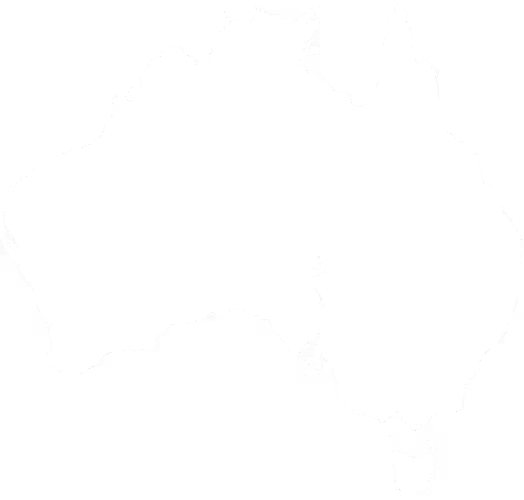.png)


.png)
To manage the environmental outcomes of a system already involved with managing vast swathes of land, balanced against multiple local stakeholders across Tāmaki Makaurau, can make for a complex task.
When Morphum was asked to perform a Sustainability Assessment on Weed Management, the goal was to take this complex task, understand the big picture, and present options for the future.
Auckland Council’s (AC) Community Facilities department manages weeds across 5,000kms of the region’s road corridors on behalf of Auckland Transport (AT), primarily to reduce damage to roads and associated infrastructure.
Methods for weed control currently differ between local board areas and include plant-based or synthetic herbicides, a range of thermal applications, and combinations of different methods, depending on local preferences. The costs and impacts of these methods vary.
Based on an initial investigation, the AC Environment and Climate Change Committee (ECCC) passed a resolution to standardise the cost of weed management based on a single approach in Tāmaki Makaurau. The resolution required that the regional method: meet the objectives of Auckland Council’s Weed Management Policy and the goal of further minimising glyphosate usage, limiting impact on the receiving freshwater environment, ensuring public health and safety, and reducing carbon emissions, and potable water use.
To ensure potential new options weren’t excluded, Morphum compiled a list of alternative methods, including emerging technologies from contemporary scientific journals, a review of international best practice, and engagement with local scientific experts and contractors to consider the application of these within a local context. From the long list of twenty-four alternative methods, a shortlist of ten were selected based on efficacy, scalability, and ability to meet the control standard.
The assessment of the shortlisted methods considered the following six sustainability criteria:
In addition, AC secured cost estimates from the market. Feedback from AC led to engagement with Iwi and facilitated the inclusion of cultural values into the assessment.
.png)
The results were presented in a matrix that allowed for an understanding of the ranking of each method per sustainability criteria, and cumulatively across all criteria, from which a clear regional method emerged, noting that:
The assessment is a useful tool to support local decision making. In addition, recommendations were provided to support improved understanding and ongoing progress towards best practice in weed management.
With this assessment, and the future recommendations, the decision-making process can be simplified to allow for progress to be made.
It has been a pleasure being a part of the process improving the weed management of Tāmaki Makaurau.
.png)





